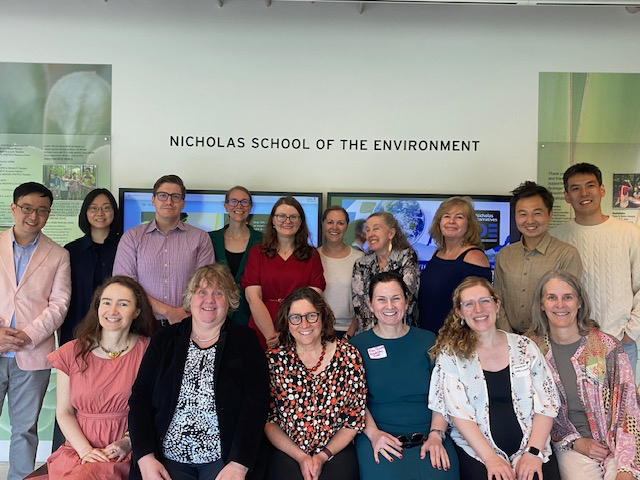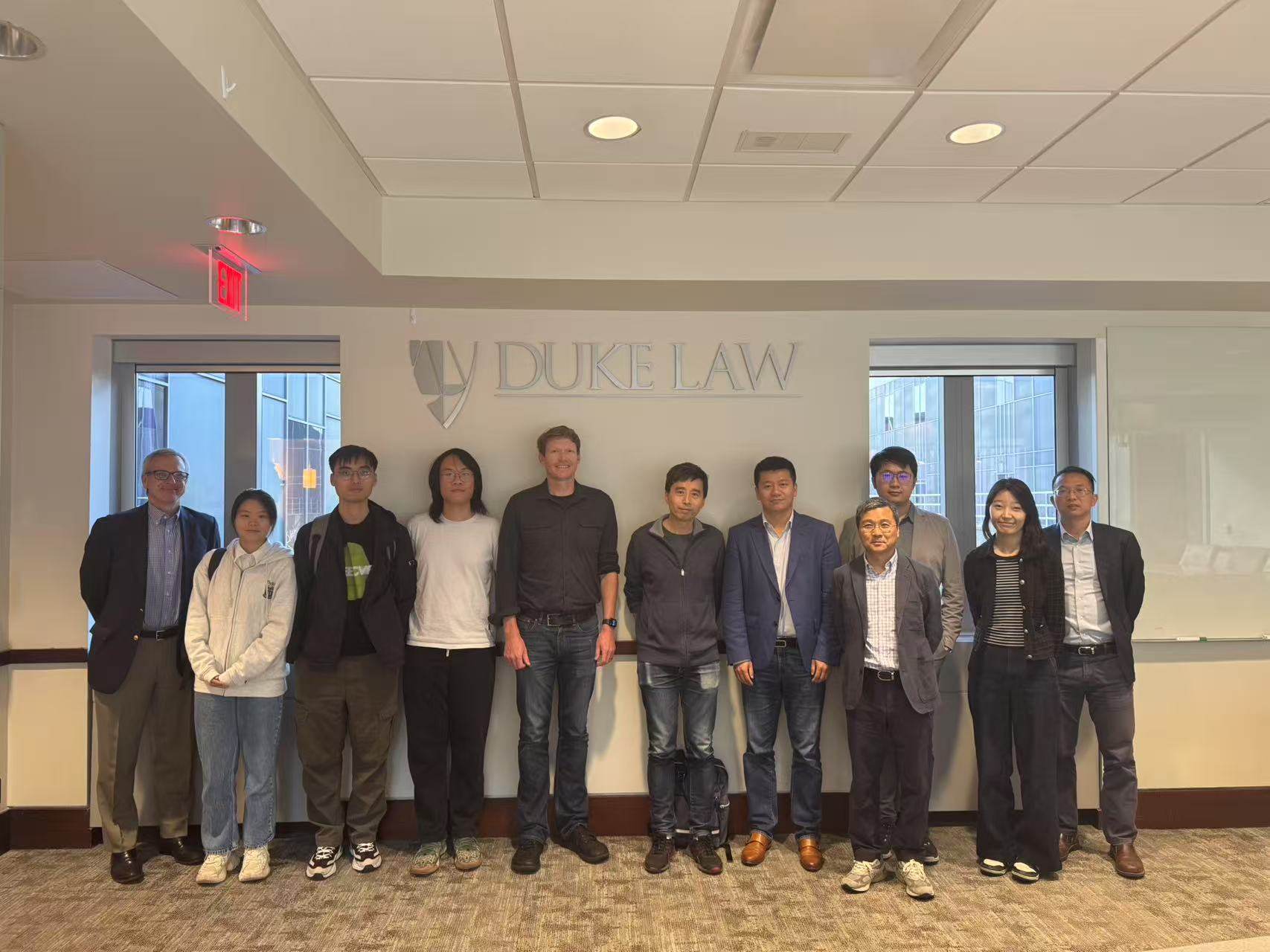Despite growing political tensions between China and the United States, on May 5–6, 2025, DKU and Duke University collaborated on two academic workshops focused on The Law and Economics of Climate Change in China and Environmental Politics and Environmental Justice.
The two-day, in-person workshop was co-organized by DKU and Duke University, marking a milestone in the DKU-Duke Collaboration on Environmental Politics and Environmental Justice. This collaboration was led by Erika Weinthal, Professor of Environmental Policy and Public Policy at Duke University, and Coraline Goron, Assistant Professor of Environmental Policy at DKU.
This workshop brought together scholars with expertise in environmental justice and politics, eight academics from Duke University, nine from DKU, and one from Wuhan University – spanning a range of disciplines including political science, anthropology, law, public policy, and political economy. In addition to academic experts, representatives from civil society and think tanks including Oxfam, Crude Accountability, the Andean Information Network, the Wilson Center, and the Global Knowledge Initiative (as an external partner) contributed their insights, making for a rich, diverse, and interdisciplinary exchange on climate justice.

The workshop titled “Law and Economics of Climate Change in China: Carbon Trading and Beyond” was organized by the Duke School of Law. It was exclusively designed for academic exchange between Duke and DKU faculty conducting research on carbon trading. During the one-day session, participants discussed topics such as climate stress testing for China’s commercial banks, carbon pricing, growth and selection in carbon offset markets, and the credibility of carbon trading systems.

As the two largest carbon emitters in the world, China and the United States play a critical role in advancing global decarbonization and shaping international discourse on climate change, environmental justice, and carbon trading markets. Despite the uncertainty posed by the current Trump administration’s decision to de-prioritize environmental issues, scholars from both countries remain optimistic and strongly committed to continued collaboration – exploring how best to address the impacts of environmental degradation, develop innovative solutions, and ensure a more equitable, inclusive, and greener society that leaves no one behind.


 苏公网安备 32058302003266号
苏公网安备 32058302003266号
